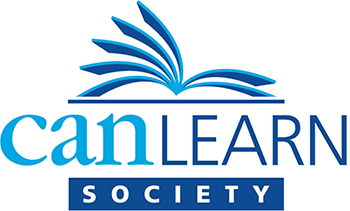My name is Luke Sandham. In recent years, my life has been in a major “reshuffle mode,” including time off work, ongoing struggles with anxiety and depression, and significantly, a diagnosis of Adult ADHD. Learning to understand this diagnosis, (I prefer the word “description”) of myself, and all the implications it holds has been supremely challenging.
As part of my adventure down the road to wellness, I had the chance to attend ADHD coaching sessions with Laura Godfrey at the CanLearn Society. Laura’s mentorship included (among many other gems) a discussion of the critical need for those with ADHD to get regular exercise. That discussion helped renew my passion for off-road cycling, which had faded in recent years.
When good fortune granted me a chance to participate in the TransRockies Classic mountain bike race, I found myself with a lofty fitness goal, but I knew I wanted to give back somehow; to help others who may be struggling as I have. So, I decided to use my participation in the event to raise funds and awareness for a good cause: The CanLearn Society!
The TransRockies Classic is a mountain bike stage race, of either 3 or 7 days. I will be competing in the 3-day version. (That’s plenty this year!) My goal is to raise 1000.00 dollars for the CanLearn Society to assist them in offering their wonderful programs and services. They have done so much for me, and for many many others who face challenges to their learning.
Want to join me in making a difference? I would be honoured if you could support me by pledging to support me, and thus many others, as we continue to be the beneficiaries of the CanLearn society’s vision of “Unlocking potential so all can learn.” Any donation will help make an impact. Thanks in advance for your contribution to this cause that means so much to me.
With humble and heartfelt thanks,
Luke Sandham
Click here to go the link to support Luke in the Trans Rockies Classic.

